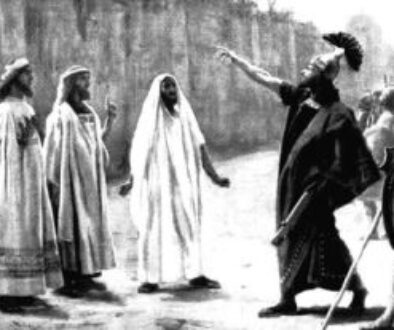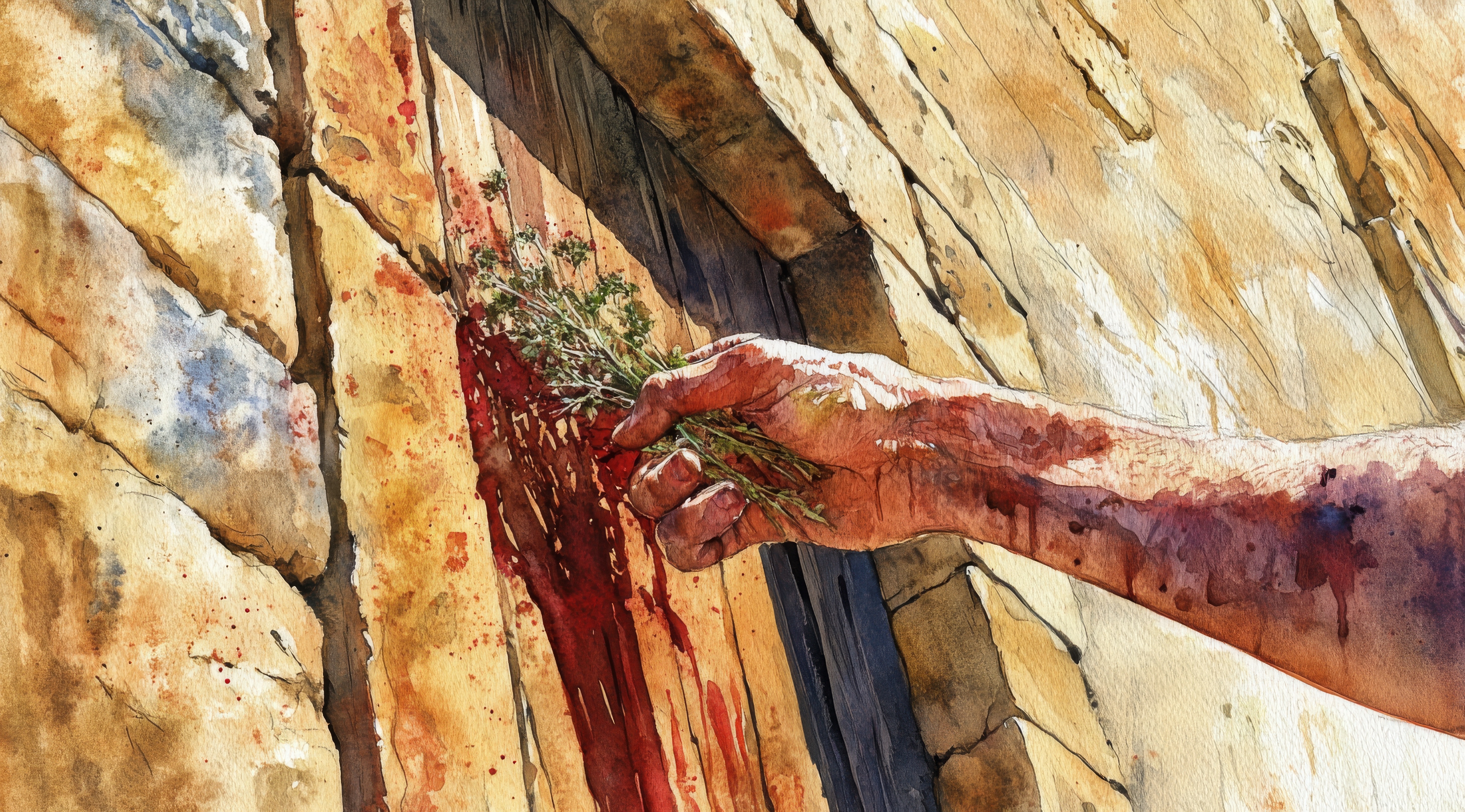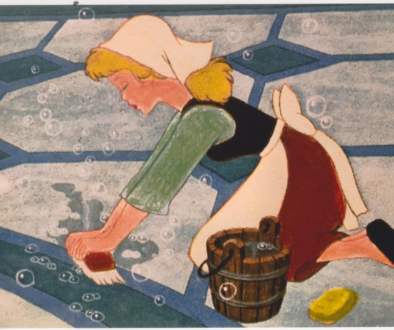1 Corinthians 5:1-13 Whom to Judge

Paul is incensed at the report he has received regarding one of the members of the Corinthian church. He is also adamant about how the body should deal with such issues; REMOVE them.
The sin addressed by Paul is flagrant and the church body has chosen not to address the elephant in the room. I’m wondering if they were taking Jesus’ words of “judge not least you be judged” for everyone. I had always understood it to be universally applicable to all, not that I am free of making judgments.
But this church was already rife with judgement. We saw that in their behavior in our last time together. So why did they let this blatant sin go unchallenged? Were they assuming that they were not supposed to judge another’s sin but could judge their spirituality? I would expect one had direct bearing on the other.
Paul’s instruction, “not to associate with anyone who bears the name of brother if he is guilty of sexual immorality or greed, or is an idolater, reviler, drunkard, or swindler” (verse 11), leaves no room for doubt about whom we are to be judging. He had to clear this up for this church. I’m glad he did because he cleared it up for me too.
To be guilty of something requires proof and a rendering of a judgement. Paul is not talking about unfounded gossip or accidental sins. He is talking about someone who is demonstrating a pattern of unrepentant sin.
Paul’s directs the believers to turn the unrepentant individual over to Satan. Paul is more concerned with their eternal wellbeing than their earthly comfort. I’m wondering what happens if they repent after a time. I believe they can be restored, just as the prodigal son was restored.
That brings us another point of comparison for me. The father in the story of the prodigal son didn’t go out looking for him in his sinful places. He waited for him to return, still dirty but repentant, before he was restored to his family position. The prodigal son also had to face the consequences of his actions. There was no inheritance left for him upon his father’s eventual death. He was welcomed back but his own actions altered his future.
Father God, thank You for Your grace which can restore us when we turn back to You. Thank You for having Paul pen these instructions and for finally opening my eyes to all of them. I missed this point all the other times I looked at this passage. I’m not about to jump up and start judging all my brothers and sisters in Christ but now I know that I am supposed to be aware of and address issues I see. It makes the past church discipline instances I’ve been aware of much easier to understand.
More than anything Lord, when it comes to making judgements and associating or not, let it all be done in love and for the other’s ultimate good. Where does this leave me with some of my family members? Please give me Your wisdom in these areas.




